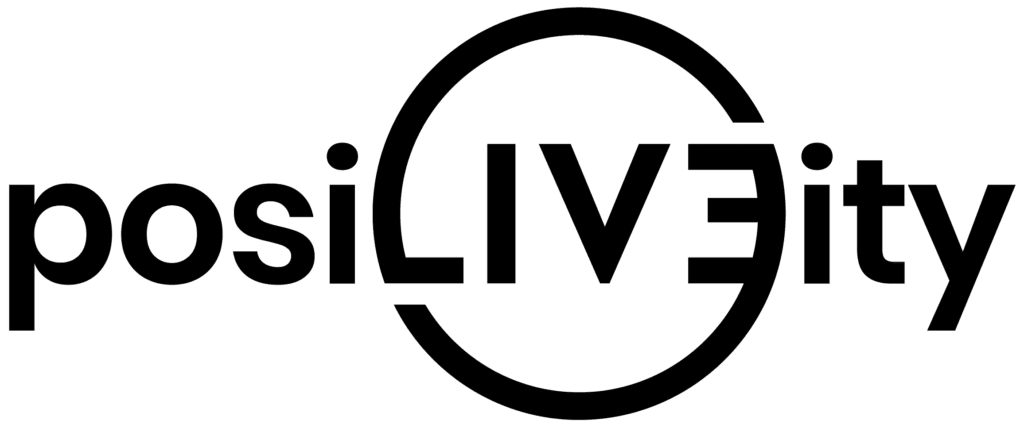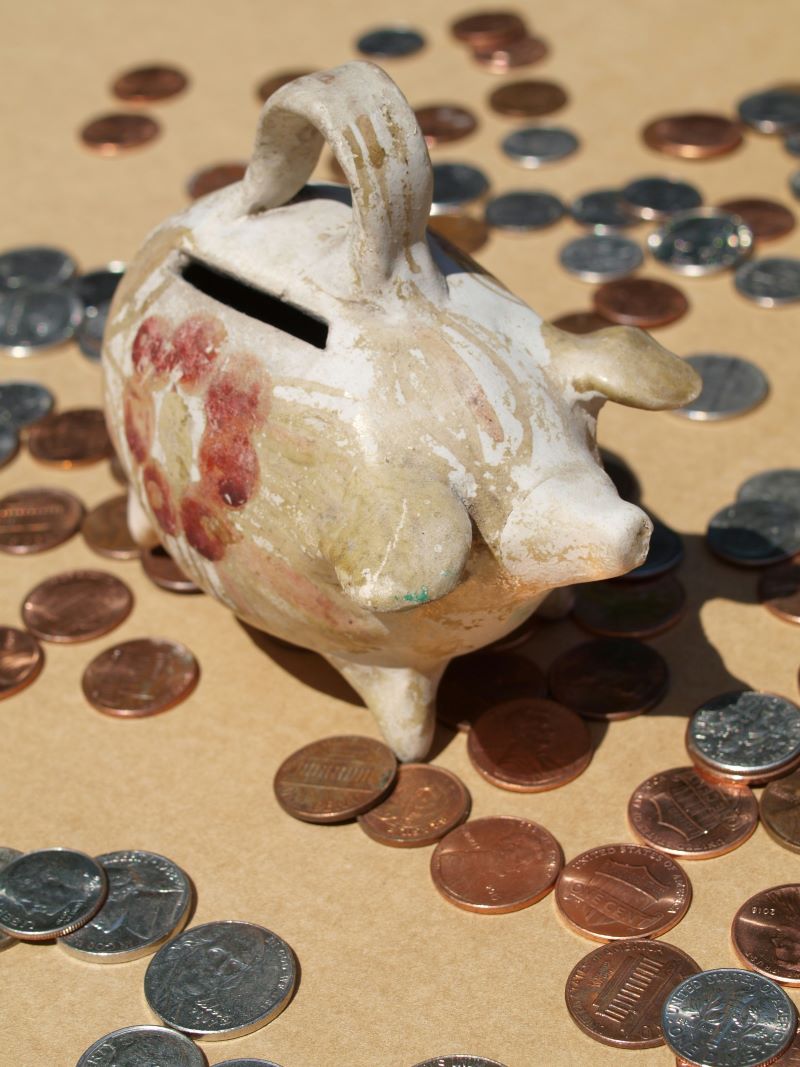Just like tidying up our living spaces can bring a sense of clarity and calm, spring cleaning your financial life can pave the way for greater financial health and stability. As the flowers begin to bloom and the days get longer, there’s no better time than spring to declutter and organize your finances.
Here are some ideas I want to share with you from reading personal finance books and trying to implement some of these ideas myself. Some I do well at, others I still need to work on. Continually trying to improve your personal finances and improve your financial knowledge is a lifelong endeavor.
Assess Your Financial Situation:
Before diving into the nitty-gritty of spring cleaning your finances, it’s crucial to take a step back and assess your current financial situation. Start by reviewing your income sources and expenses. Are there any areas where you can cut back or optimize spending? Next, take a look at your debt levels and interest rates. Are there any high-interest debts that you can prioritize paying off? Additionally, evaluate your savings and investment accounts. Are you on track to meet your financial goals, or do you need to adjust your savings strategy?

Declutter Your Budget:
One of the most effective ways to spring clean your finances is to declutter your budget. Identify any unnecessary expenses or subscriptions that you can trim or eliminate altogether. Take a close look at your monthly bills and recurring payments—can you negotiate better rates or find cheaper alternatives? Are there any subscriptions you can cancel? Consider implementing a budgeting system or revisiting your existing budget to ensure that you’re allocating your funds towards your priorities, such as savings and debt repayment.
If you haven’t already, automating your finances is a game-changer when it comes to staying on top of your money without constant manual effort. Budgeting apps and tools can also be invaluable for automating your finances by tracking your expenses, categorizing transactions, and providing insights into your spending habits—all without requiring constant manual input.
Organize Financial Documents:
Keeping your financial documents organized is key to maintaining financial clarity and peace of mind throughout the year. Take some time to gather and sort important documents, such as tax returns, bank statements, and investment statements. Consider digitizing your paperwork for easier access and storage, and create a filing system to keep everything organized and easily accessible when you need it.

To make things easier, many banks offer online bill pay services that allow you to schedule recurring payments for bills like rent, utilities, and credit card payments. By automating your bill payments, it ensures that you never miss a due date and incur unnecessary late fees. Streamlining your financial routines will help you stay on track with your goals, and free up time and mental energy for the things that matter most in your life.
Review and Adjust Investments:
Spring is the perfect time to review your investment portfolio and make any necessary adjustments. Assess the performance of your investments and rebalance your asset allocation if needed. Consider the tax implications of your investment decisions and explore new opportunities for growth. By staying proactive and informed about your investments, you can ensure that your money is working as hard as possible for you.

If you haven’t already been consistently saving money, start by setting up automatic transfers for your savings goals. Allocate a portion of your paycheck to go directly into your savings account or investment accounts before you even have a chance to spend it. Additionally, consider enrolling in employer-sponsored retirement plans or automatic investment programs to effortlessly contribute to your future financial security. You may have the opportunity to take advantage of company match programs. Here is a link to the contribution limits for 2024 on the IRS website
Clean Up Credit Report:
Your credit report plays a crucial role in your financial health, so it’s essential to give it a thorough spring cleaning. Obtain a free credit report from each of the major credit bureaus and review it for errors or

discrepancies. If you spot any inaccuracies, be sure to dispute them and follow up with creditors if necessary. Improving your credit score can open up new opportunities and save you money in the long run if you need loans in the future as it may help you get better lending rates.
Plan for Taxes:
Taxes may not be the most exciting part of spring cleaning, but they’re a crucial aspect of your financial life nonetheless. Take some time to organize your tax documents and receipts, and utilize tax deductions and credits to maximize your savings. Consider making contributions to retirement accounts for additional tax advantages, and don’t hesitate to seek guidance from a tax professional if you need help navigating the complexities of the tax code.

Plan for Emergencies and Insurance:
No spring cleaning would be complete without addressing emergencies and insurance. If you don’t have an emergency fund, you need to start one now. Having even $1000 in savings can protect you in some emergencies. If you start one, you should think about opening a high interest savings account. Check out the recent high interest savings account rates here in this article by Forbes which will provide the latest rates as of March 2024. Start small contributing to the savings account if you need to but, be consistent. You will soon see your balance growing. Depending on your situation, you should ideally have between 3-6 months expenses in your emergency fund.

Next, review your insurance policies to ensure that you have adequate coverage for your needs. Explore additional types of insurance, such as life or disability insurance, to protect yourself and your loved ones from unexpected events. By planning ahead and being proactive, you can prepare for whatever life may throw your way.
Establish or Revisit Financial Goals:
Spring is a time of renewal and growth, making it the perfect occasion to revisit your financial goals. Take stock of where you stand relative to your goals and adjust them as necessary. Are you on track to meet your savings targets? Do you need to reassess your retirement plans? Use this opportunity to realign your goals with your current priorities and values. Setting SMART (Specific, Measurable, Achievable, Relevant, Time-bound) goals can provide clarity and motivation as you work towards financial success.
Invest in Financial Education:
Investing in your own financial education is a key factor in managing your finances. If you have never learned about finances or read any finance books before, make time this spring. Whether it’s attending a workshop, enrolling in an online course, or reading personal finance books, expanding your knowledge can empower you to make informed financial decisions. Take advantage of resources available to you, such as podcasts, blogs, and financial planning tools, to deepen your understanding of money management principles and strategies.
Here are my 4 favorite personal finance books and key learnings:
The authors studied the habits of millionaires and found that they often live frugally and save diligently. This book provides valuable insights into the habits of the wealthy. Their habits will surprise you – true wealth is not flashy.
David Bach introduces the concept of “paying yourself first” and automating your finances to build wealth over time. This is an easy book to read and follow. I read this in my 20s and it was extremely helpful in getting me on the right financial path.
A practical and actionable guide to personal finance that covers budgeting, investing, and maximizing your financial potential. I love the message in this book that it is ok to spend money on what you truly value, just cut costs on areas that don’t matter to you as much. Then you don’t fee deprived while you are saving.
This book provides a step-by-step plan to help you get out of debt, build an emergency fund, and invest for the future. Dave Ramsey will help you get out of debt and stay out. That is his specialty.
These books cover a variety of personal finance topics, and the choice of which one to read will depend on your specific financial goals and interests. Remember that personal finance is a lifelong journey, and continuously educating yourself can lead to better financial decisions and a more secure future.
If you prefer to learn about finances by listening, my favorite personal finance podcast is ‘The Personal Finance Podcast with Andrew Gaincola’ – overall this is my favorite personal finance podcast that covers many topics from investing, budgeting, managing debt and even how to spend your money properly.

It’s officially spring now, so roll up your sleeves and dive into your financial spring cleaning. Take time to revitalize your finances and embrace a brighter financial future.
If you enjoyed this post, check out my other post on 15 Ways to Transform your Life in 2024


